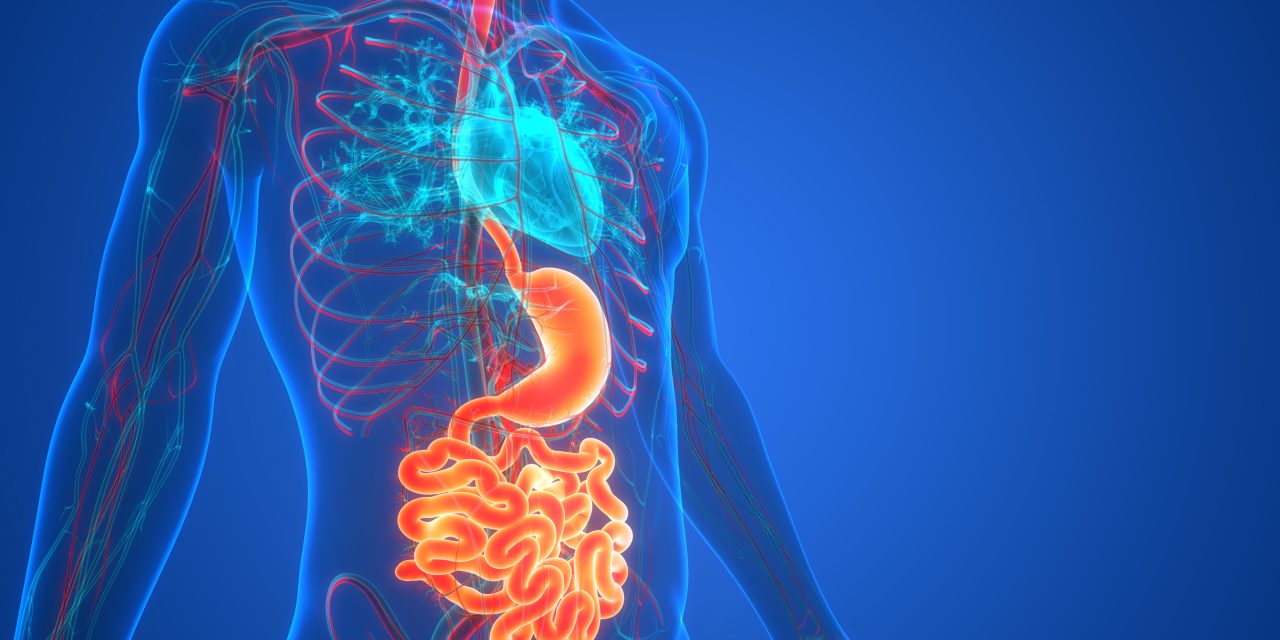Aims were to test hypothesis that esophageal provocation-induced reflexes are superior with acid suppression plus feeding modifications vs acid suppression alone among infants treated for gastroesophageal reflux disease (GERD).
Infants (N = 49, 41.3 ± 2.6 of postmenstrual age) with acid reflux index >3% underwent longitudinal motility testing (weeks 0 and 5) with graded midesophageal provocation to test randomly allocated therapies (4 weeks’ proton pump inhibitor [PPI] ± feeding modifications) on sensory-motor aerodigestive reflexes. Feeding modification included restricted fluid volume <140 mL/kg per day, fed over 30 minutes in right lateral position and supine postprandial position. Primary motility outcome was frequency-occurrence of peristaltic reflex. Secondary outcomes included upper esophageal sphincter contractile reflex, lower esophageal sphincter (LES) relaxation reflex, respiratory change, and symptom characteristics.
Treatment groups did not differ for primary outcome (odds ratio = 0.8, 95% confidence interval 0.4-1.6, P = 0.99) or secondary outcomes (all P > 0.05). For both treatment groups at follow-up, distal esophageal contraction and LES tone decreased, and LES relaxation reflex occurrence is less frequent (all P 0.05).
In infants with GERD, feeding modification with acid suppression is not superior to acid suppression alone in modifying aerodigestive reflexes (frequency, sensation, or magnitude). Contiguous areas targeted by GER, i.e., LES and distal esophageal functions, worsened at follow-up for both groups despite PPI therapy. Maturation is likely the key factor for GERD resolution in infants, justifying the use of placebo in clinical trials for objectively determined GERD.
Impact of Feeding Strategies With Acid Suppression on Esophageal Reflexes in Human Neonates With Gastroesophageal Reflux Disease: A Single-Blinded Randomized Clinical Trial.


